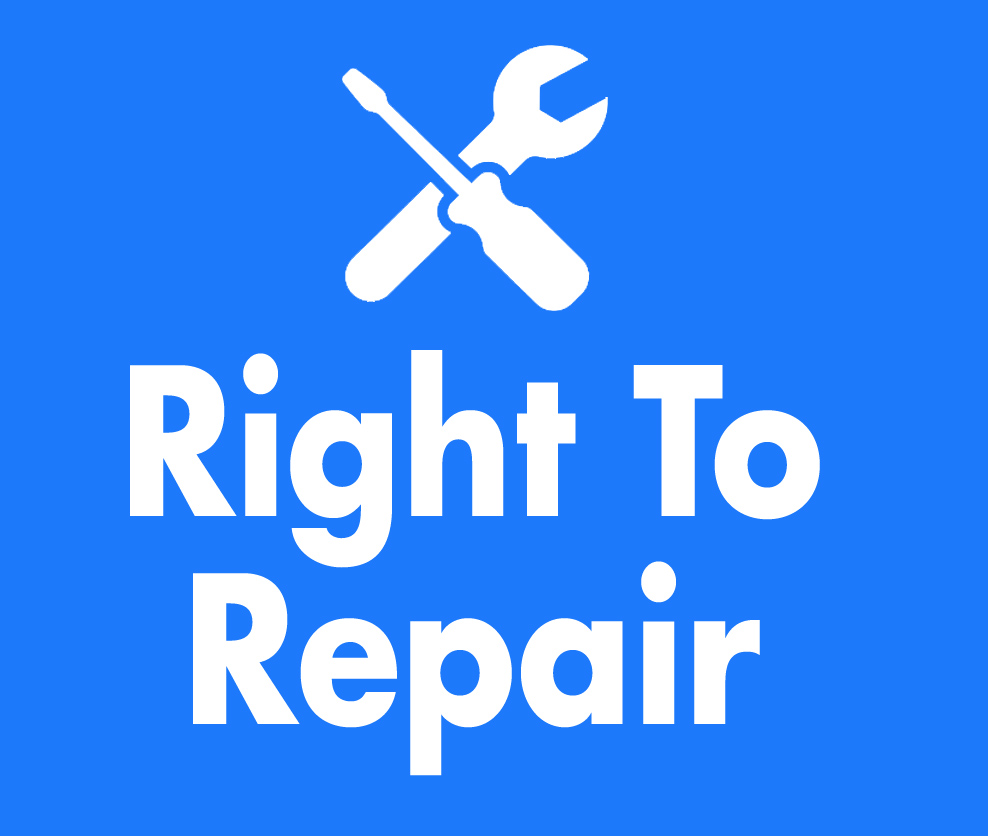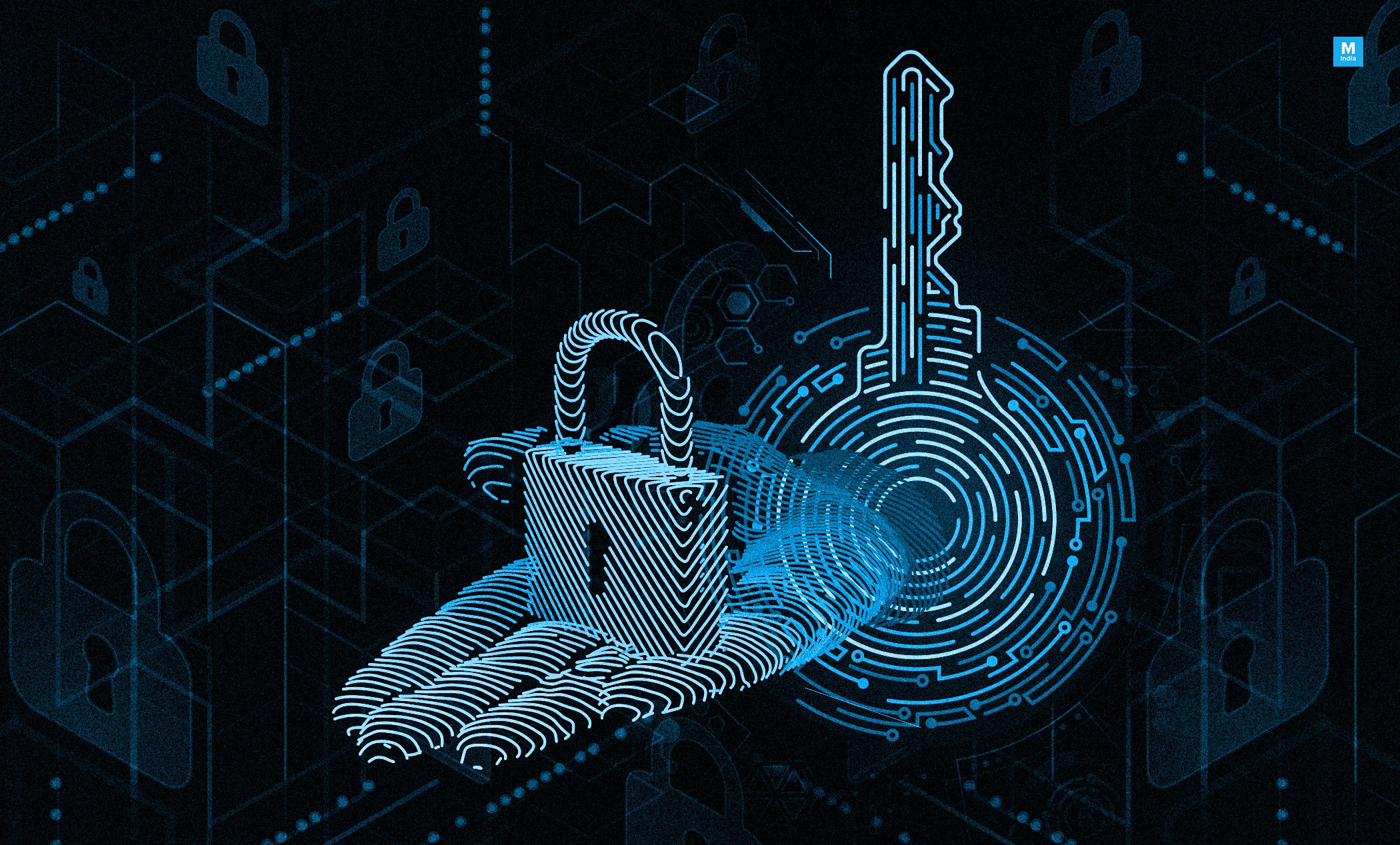⏱️ Read Time: 5 minutes
From smartphones to tractors, laptops to kitchen appliances, owning a product in 2025 no longer means what it used to. Increasingly, companies are locking down devices, parts, and even software behind paywalls, subscriptions, and restrictive terms. The result? Millions of people are discovering they can't fix, upgrade, or sometimes even fully use the things they've legally purchased — unless they go through the manufacturer. Welcome to the age of controlled ownership.
When "Ownership" Is Just a License
Many modern products — especially electronics — now come with software that can be remotely disabled, restricted, or rendered obsolete. In some cases, like high-end cameras, smart home systems, or electric cars, key features are disabled unless the user pays monthly fees. Even tractors from companies like John Deere have been criticized for requiring authorized service just to make basic repairs — turning farmers into dependent customers for machines they paid tens of thousands of dollars for.
Built to Break, Impossible to Fix
It's not just software — it's hardware, too. Many consumer electronics are designed with non-removable batteries, proprietary screws, and glued components, making repair either difficult or intentionally impossible. Apple, Samsung, and others have been called out for discouraging independent repair through parts pairing (where replacement parts won't work without special calibration software). This makes repair more expensive, slower, or outright impossible — unless done at an authorized center for a premium.
Right to Repair Laws Are Gaining Ground
The backlash is growing. The Right to Repair movement, once fringe, is now gaining global traction. The EU passed a law in 2023 requiring manufacturers to provide spare parts and manuals for up to 10 years for certain products. In the U.S., states like New York and California have introduced similar legislation. France already requires electronics to display a "repairability score." These laws aim to restore control to consumers — but face heavy lobbying from tech giants fighting to protect proprietary systems and revenue streams.
Subscription Creep and Digital Dependency
What's even more concerning is the rise of subscriptions for physical functionality. BMW infamously attempted to charge users a monthly fee for heated seats — a feature already installed in the car. Some printers stop functioning if non-branded ink is used. Even vacuum cleaners now come with cloud-connected apps that can brick the device if software terms are violated. These examples highlight a broader trend: manufacturers are treating ownership as temporary, with users renting functionality rather than owning it.
Why This Matters for Everyone
Beyond cost and convenience, this issue touches on consumer rights, sustainability, and economic freedom. When repair is restricted, devices are thrown away faster, adding to e-waste. When subscriptions become mandatory, users face ongoing costs for basic functionality. And when companies lock down devices, innovation and independent service businesses suffer. It's not just a matter of tech — it's about who really controls your stuff.
Conclusion
In a world where owning a product doesn't mean controlling it, the right to repair is no longer a niche debate — it's a defining issue of digital-age consumer rights. As lawmakers, activists, and citizens push back, the message is clear: if you bought it, you should have the right to fix it, open it, and use it — without permission. Ownership should mean freedom, not a license with fine print.



